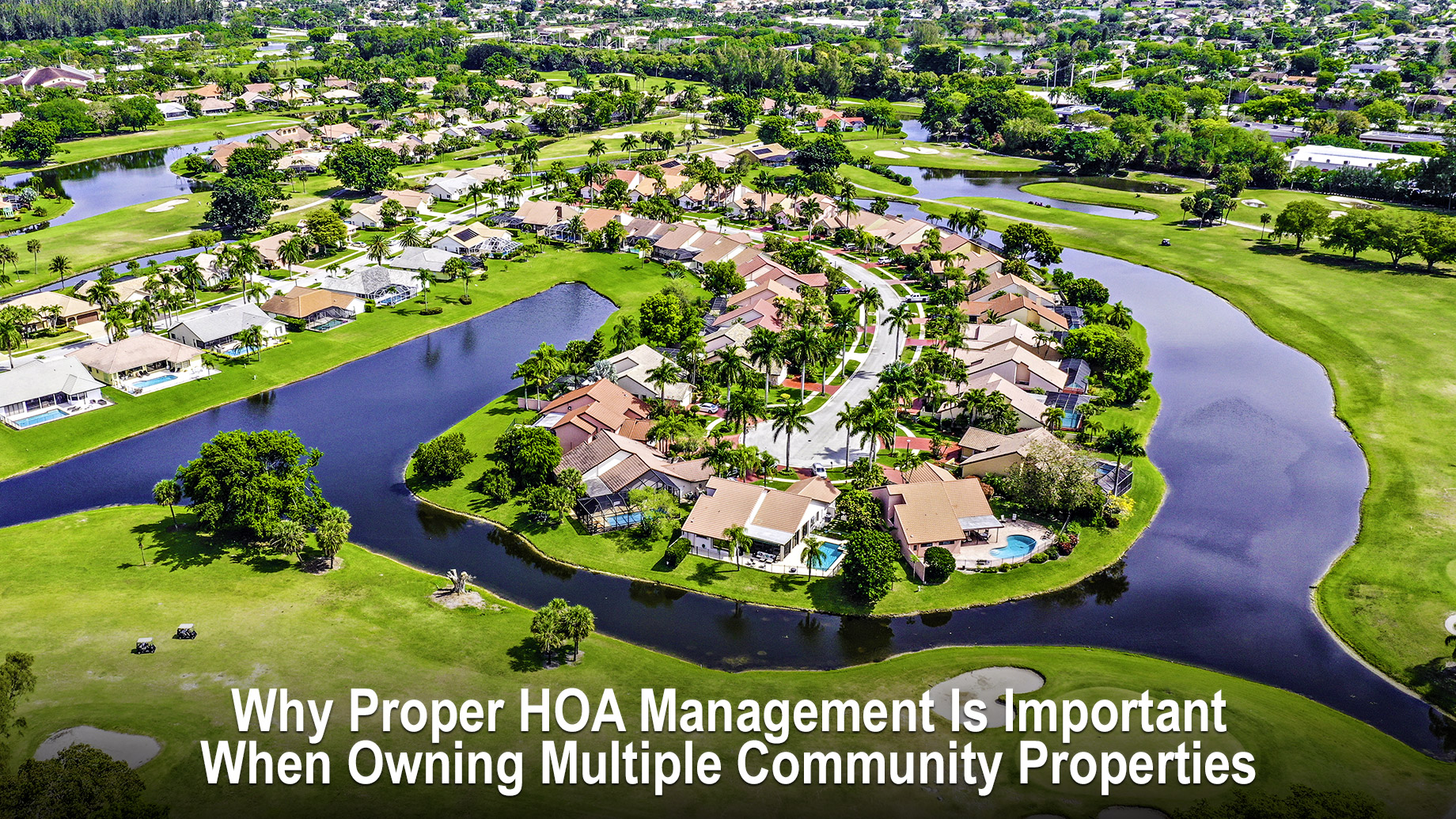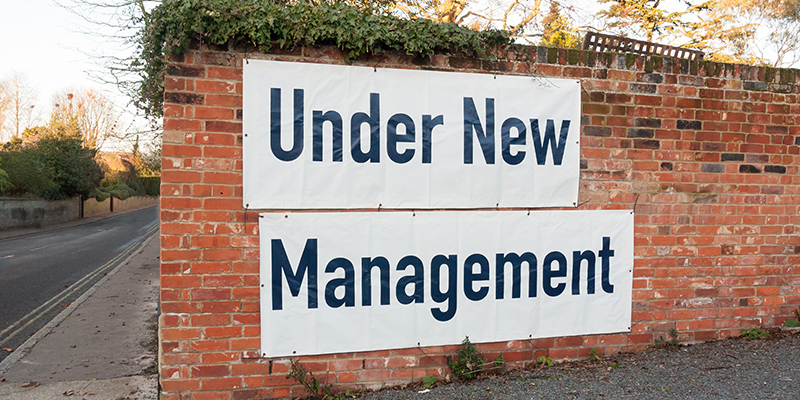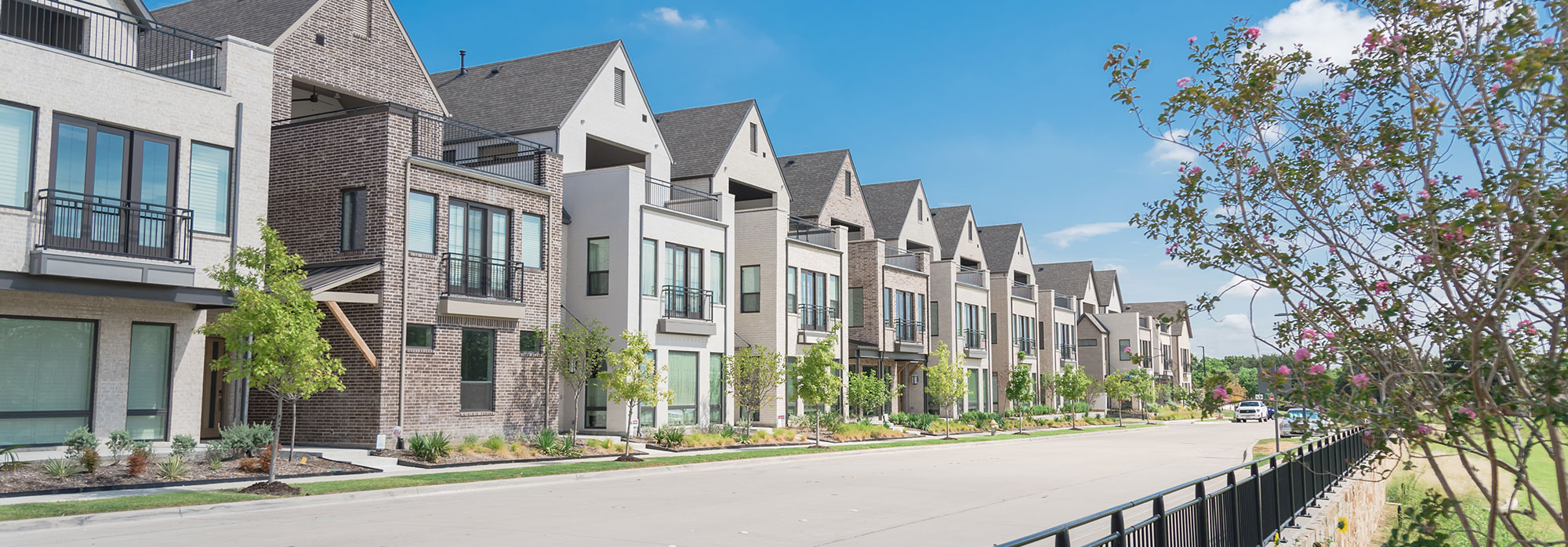How HOA Management Promotes Interaction and Conflict Resolution Amongst Residents
Home Owners' Associations (HOAs) work as pivotal entities in promoting interaction and resolving disputes among homeowners. By developing structured channels such as newsletters and electronic platforms, HOAs enhance transparency and motivate energetic engagement. The execution of clear standards and arbitration approaches provides a structure for resolving disagreements constructively. While these devices are designed to minimize misunderstandings, the underlying characteristics of resident communications can often make complex issues. This asks the concern: exactly how can HOAs additionally fine-tune their methods to not only reduce conflict but also reinforce area bonds?
Role of HOAs in Interaction
House Owners' Organizations (HOAs) play a vital function in assisting in communication within household areas, serving as the primary avenue between residents and the regulating body. By establishing an organized framework for discussion, HOAs make sure that residents' problems and tips are heard and addressed successfully - austin hoa management. This role is essential in promoting a feeling of neighborhood and belonging amongst locals, as it urges involvement and cooperation


Ultimately, the efficiency of an HOA in interaction directly influences the general satisfaction of locals. When interaction is focused on and managed effectively, it promotes an unified living setting where residents feel valued and linked, leading the means for a more dynamic and cohesive area.

Developed Channels for Discussion
Establishing efficient networks for dialogue is necessary for any Home owners' Association (HOA) seeking to boost communication within its neighborhood. These networks function as foundational devices that facilitate the exchange of info and cultivate a feeling of belonging among citizens.
Among one of the most common techniques is making use of newsletters, which offer updates on neighborhood occasions, maintenance schedules, and crucial news. Digital platforms, such as community web sites and social media sites teams, can additionally play a critical function in making certain residents continue to be enlightened and involved. Routinely arranged meetings, whether in-person or online, permit participants to voice concerns, share ideas, and discuss community issues in a structured environment.
In addition, suggestion boxes put purposefully throughout the community can motivate locals to supply comments anonymously, promoting an environment of visibility. Establishing clear lines of communication, such as devoted email addresses or hotlines for particular issues, likewise empowers residents to connect easily.
Problem Resolution Approaches
Reliable interaction networks are important not only for sharing information yet additionally for resolving disputes that may occur within a community. Homeowners' organizations (HOAs) can carry out different conflict resolution methods to promote a harmonious living setting. One reliable method is the establishment of clear standards that detail acceptable actions and treatments for dealing with complaints. These standards ought to be conveniently easily accessible to all locals, ensuring openness and consistency.

Additionally, problems may gain from a structured procedure for intensifying issues. HOAs can mark a conflict resolution board or include a neutral 3rd celebration to facilitate discussions when go to the website necessary. This strategy offers an organized way to manage disputes while preserving impartiality.
Inevitably, effective dispute resolution strategies not only settle problems yet also develop depend on amongst locals, enhancing a feeling of community and shared obligation. By focusing on these strategies, HOAs can contribute to a much more peaceful and cooperative neighborhood environment.
Mediation and Assistance Techniques
When navigating disputes within a arbitration, facilitation and community techniques can play an important role in promoting understanding and resolution. These methods involve competent experts who direct discussions, guaranteeing that all parties have the opportunity to share their viewpoints in a positive atmosphere. Arbitration concentrates on assisting conflicting parties locate commonalities with settlement, while facilitation entails handling team dynamics navigate to this site to cultivate reliable communication.
An efficient arbitrator produces a secure area for discussion, urging individuals to proactively empathize and pay attention with each other. This process commonly includes reframing concerns to clarify misunderstandings and emphasizing common interests instead of differences. Facilitators, on the other hand, may use methods like brainstorming sessions or team activities to build relationship and enhance partnership amongst locals.
Both strategies prioritize nonpartisanship and impartiality, allowing homeowners to feel listened to and respected. By making use of mediation and facilitation techniques, HOA management can equip area participants to settle conflicts agreeably, reducing tension and fostering a sense of belonging. Inevitably, these strategies contribute to a healthier area environment, where disputes are resolved proactively and relationships are reinforced through open interaction.
Advantages of Effective Communication
Clear communication offers as the foundation for successful communications within a neighborhood, significantly boosting the general performance of HOA monitoring (austin hoa management). Effective interaction cultivates openness, which constructs depend on among homeowners and the administration team. When locals feel informed concerning area events, policies, and decisions, they are more probable to involve favorably and add to the area's well-being
In addition, clear communication lessens misunderstandings and minimizes the capacity for conflict. By articulating policies, assumptions, and responsibilities clearly, HOAs can preemptively resolve concerns prior to they rise. Locals outfitted with important details are better positioned to abide by neighborhood guidelines Going Here and resolve disputes agreeably.
Furthermore, efficient communication networks urge comments and pointers from locals, encouraging them to participate proactively in the decision-making process. This inclusivity not only improves neighborhood morale but additionally results in even more representative and informed end results.
Furthermore, constant updates with newsletters, conferences, and electronic platforms ensure that all community members are lined up with the HOA's vision. In recap, reliable communication is essential for promoting a cohesive area, advertising energetic participation, and ultimately accomplishing a harmonious living environment.
Verdict
Finally, reliable HOA management dramatically enhances communication and conflict resolution amongst homeowners. By developing organized networks for dialogue and executing clear standards and arbitration strategies, HOAs foster openness and community engagement. These efforts not only address concerns promptly yet also grow a sense of obligation amongst citizens. Eventually, the promo of efficient communication brings about reduced misconceptions and increased resident satisfaction, adding to a harmonious and natural community setting.
Home Owners' Associations (HOAs) play a critical duty in assisting in communication within residential neighborhoods, acting as the key avenue between homeowners and the governing body.HOAs typically organize normal meetings, e-newsletters, and digital systems to promote transparency and maintain locals educated about neighborhood advancements and regulations. These campaigns not just enhance interaction but additionally encourage locals to engage in the decision-making procedure, thereby increasing their investment in the neighborhood's wellness - austin hoa management. When residents really feel informed regarding neighborhood choices, events, and plans, they are more most likely to engage positively and add to the community's wellness
Eventually, the promotion of efficient communication leads to decreased misunderstandings and enhanced resident contentment, contributing to a harmonious and natural community environment.